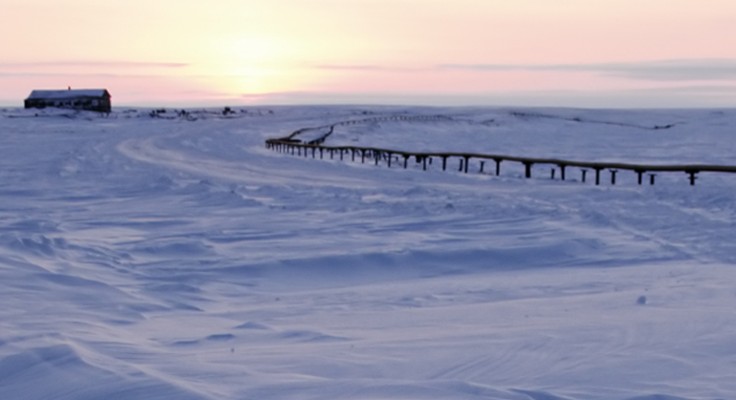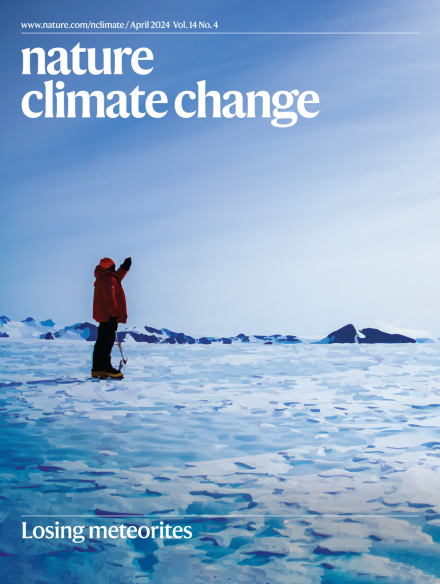
Our April issue is here
Featuring articles on the loss meteorites on the Antarctic ice, the effect corporate tax competition has on emissions and how foraging behaviour influences the vulnerability of animals to predators.

Featuring articles on the loss meteorites on the Antarctic ice, the effect corporate tax competition has on emissions and how foraging behaviour influences the vulnerability of animals to predators.
